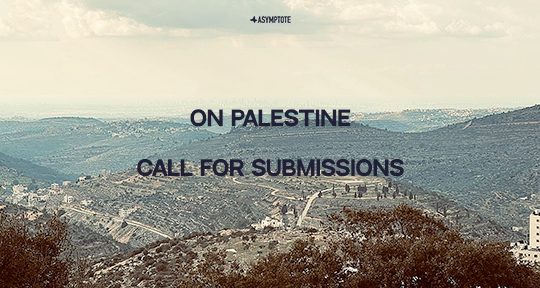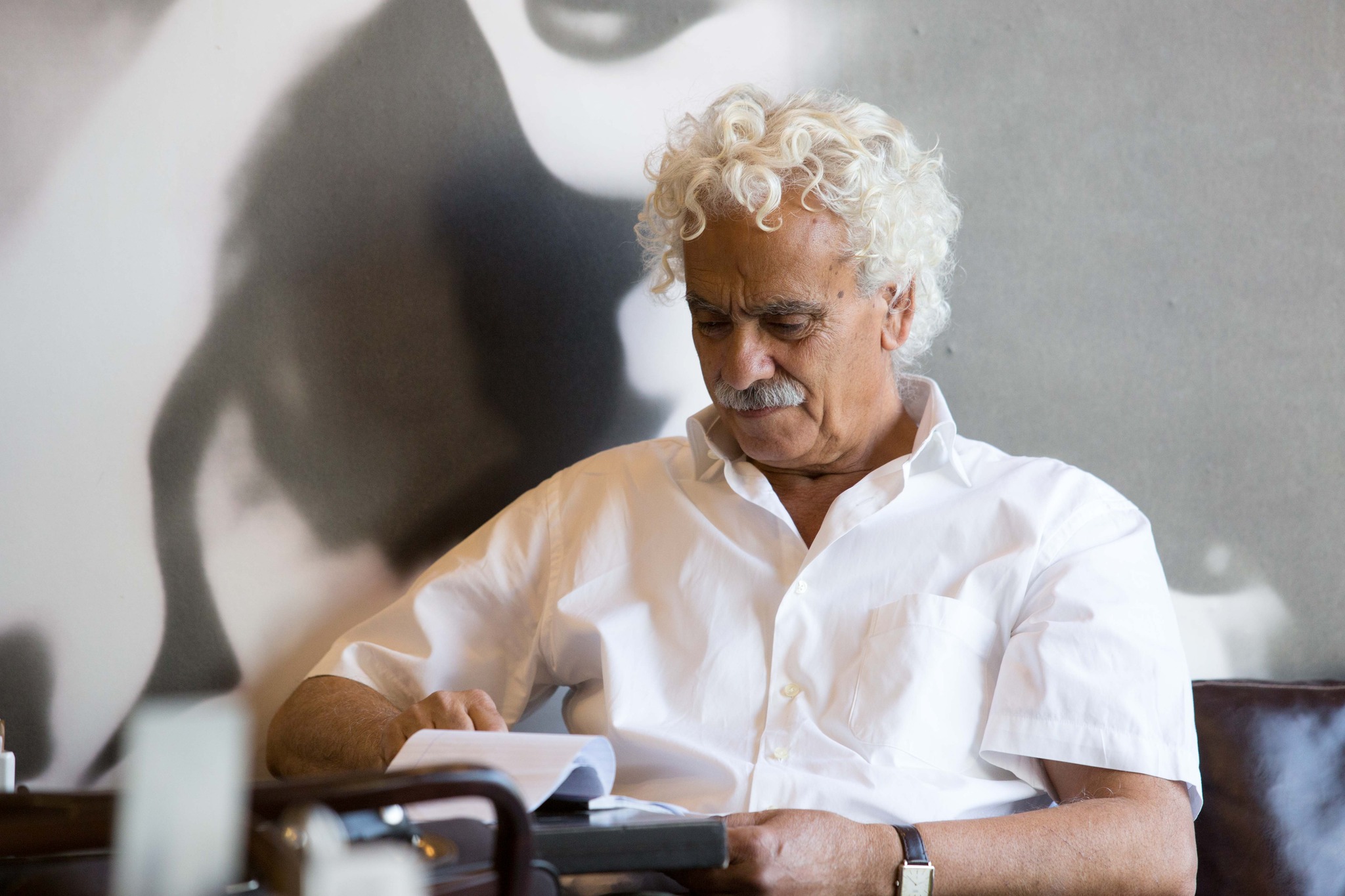This week, our editors share news of solidarity, legacy, and cross-cultural connection. Around the world, the literary world is showing up to express support for Palestine, with the Palestine Festival of Literature continuing their crucial work of uplifting work that urges us towards compassion, the Palestinian struggle, and a condemnation of violence. In Mexico, some of the greatest writers in Latin-American history are celebrated for their efforts in connecting their nation to a greater, global heritage of letters. Read on to find out more!
Carol Khoury, Editor-at-Large, reporting from Palestine
In a historic demonstration of solidarity, the Palestine Festival of Literature (PalFest), Writers Against the War on Gaza, and Amplify Palestine have come together to organize the event “Freedom to Write for Palestine,” held on May 7 at Judson Memorial Church in New York City. This significant gathering brought together writers who had withdrawn from PEN America’s World Voices Festival and the PEN America Literary Awards, condemning the organization’s failure to support Palestinian writers facing violence and displacement in Gaza. The unprecedented withdrawal of dozens of authors led to the cancellation of both PEN America events just weeks before their scheduled dates.
The program featured opening remarks by Nancy Kricorian and an introduction by Derecka Purnell, and included powerful readings and stories from Michelle Alexander, who read the work of Haya Abu Nasser, and Mohamed Arafat, who shared his family’s harrowing experiences. Evie Shockley read pieces by Fady Joudah, while Nicholas Glastonbury presented an insightful commentary on the Palestinian struggle. The event can be watched in full here. READ MORE…





